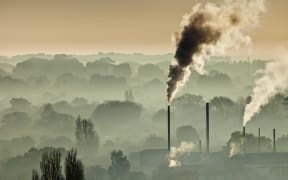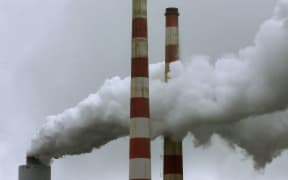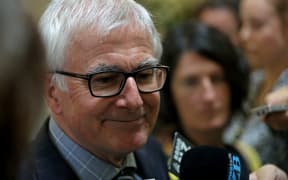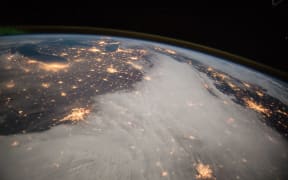New Zealand and Australia have told the United Nations they cannot do more to cut greenhouse gas emissions because it would be too costly.
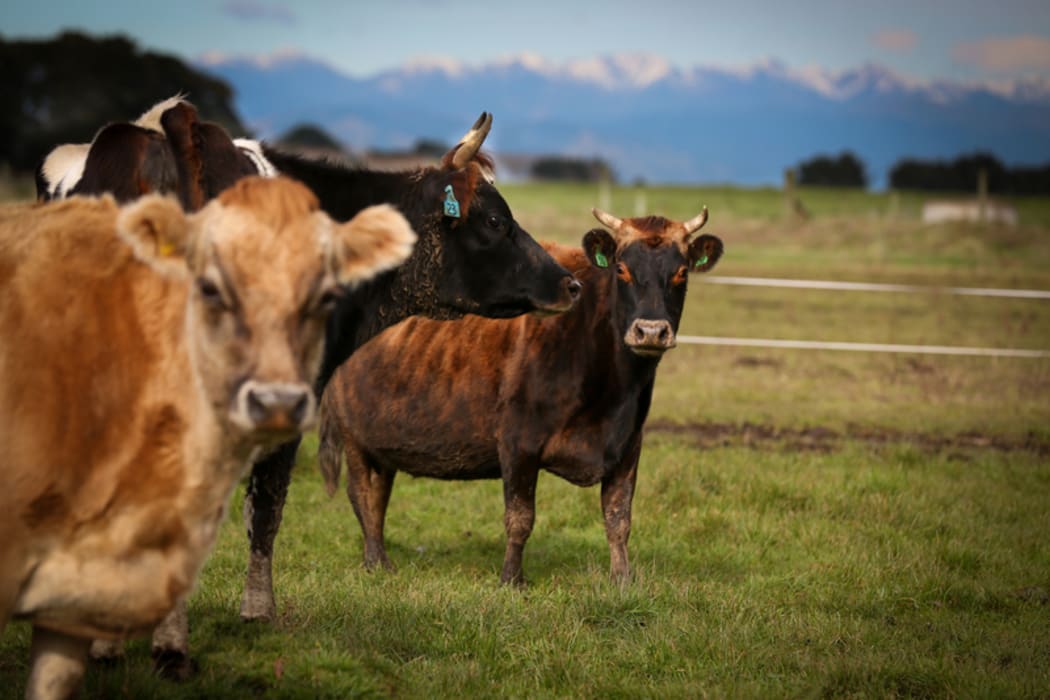
New Zealand's dependence on dairy farming and sheep is a big source of the greenhouse gas methane. Photo: RNZ / Alexander Robertson
Both countries are being criticised by scientists involved in the Climate Action Tracker group for not doing enough to tackle climate change.
New Zealand's climate ambassador, Jo Tyndall, told a meeting in Germany the country is dependent on dairy and sheep farming - a major source of the greenhouse gas methane.
The New Zealand target submitted in July, of cutting emissions by 30 percent below 2005 levels by 2030, "would represent quite a significantly higher cost to our economy" than action by many other countries, she said.
The Australian Government said that country's dependence on coal for two thirds of its electricity generation made it costly to rein in emissions.
Australia's climate ambassador Peter Woolcott said its goal of reducing its emissions by between 26 and 28 percent below 2005 levels by 2030 was "an ambitious target".
Still, a Climate Action Tracker, run by a group of scientists, has ranked both countries' plans "inadequate", along with plans by developed nations such as Japan and Canada.
It has given a slightly better rating, of "medium" to the United States and the European Union. The United States, for instance, plans to cut emissions by 26-28 percent below 2005 levels by 2025, five years earlier than Australia.
A problem is that there is no UN mechanism to assess which nations are doing most, or least, to rein in global warming that the U.N. panel of climate experts says is causing more heatwaves, droughts and rising sea levels.
Some nations want the Paris summit, from 30 November to 11 December, to agree on a strict set of reviews for every plan, putting pressure on laggards to do more.
Martin Kaiser of Greenpeace also said Australia and New Zealand's goals were among the weakest. "There's a huge gap," between the ambition of developed countries and the cuts needed, he said.
- Reuters
